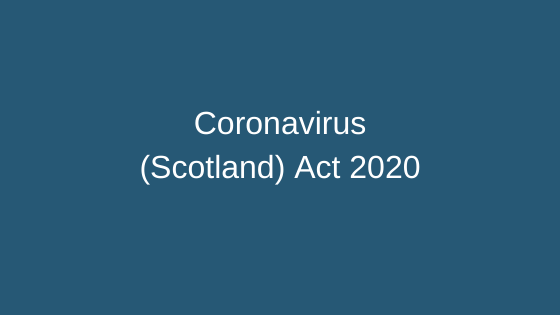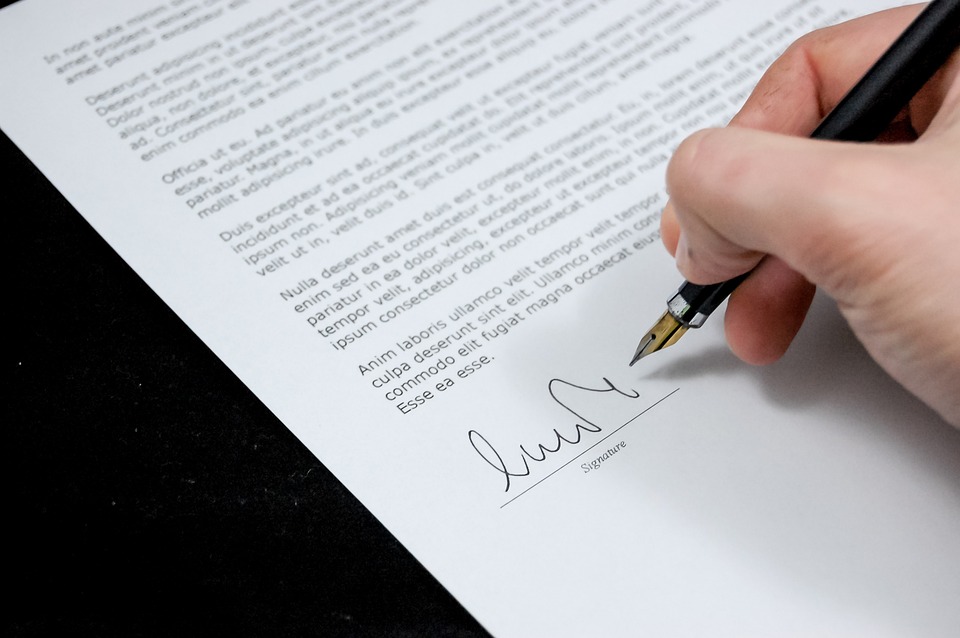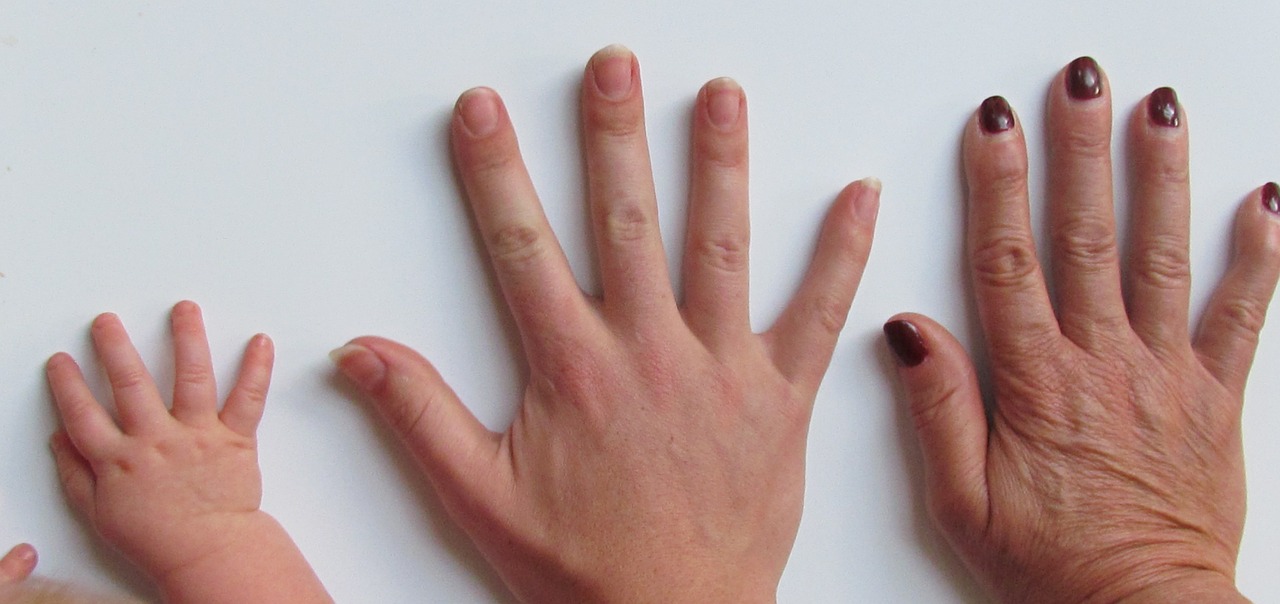
We’ve Got New Rules: Group Proceedings in the Court of Session
Date: 29/07/2020 | Dispute Resolution
On 31 July, new rules come into force to facilitate “group proceedings” in the Court of Session. These are more glamorously known across the Atlantic as “Class Actions”.
Group proceedings are where a single action is presented on behalf of more than one person with related issues in their respective claims. As these rules apply only to the Court of Session, the total value of the claims must be over £100,000.
This briefing will cover the key issues about what group proceedings are and how they are to be brought. It should, however, be noted that the new procedure is detailed and even includes new court forms. Legal advice should be sought if group proceedings are being contemplated.
What is a “group”?
Two or more persons, each of whom has a separate claim which may be the subject of civil proceedings.
How do group proceedings begin?
They start by a person bringing the group proceedings on behalf of the “group”. That person is known as a representative party. There can only be one representative party in group proceedings.
Who can be a representative party?
A representative party does not need to be a member of the group. In any event, the representative party must be authorised by the court.
The court needs to be satisfied by the person applying to be the representative party that the applicant is a suitable person who can act as representative party. Relevant factors to be considered by the court include the expertise of the applicant and any interest of the applicant in the proceedings.
Does the court have to give permission for group proceedings to be brought?
Yes.
What are the conditions for the court to give permission?
The following conditions must be satisfied:
- That the court considers that all the claims raise issues that are related to each other;
- That the court is satisfied that the representative party has made all reasonable efforts to identify and notify all potential members of the group about the proceedings;
- It has been demonstrated that there is a prima facie case; that it is a more efficient way to deal with the claims for them to be brought as group proceedings (rather than bringing separate proceedings); and that the proposed proceedings have real prospects of success.
How does a person become part of the “group”?
A person gives their consent by sending a notice in a specific court form to the representative party.
Can a person withdraw from being part of the “group”?
Yes. A person withdraws their consent by sending a notice in a specific court form to the representative party.
How does the representative party keep track of the “group”?
The representative party must keep a group register in a specific form. It must be lodged with the court at the time that the representative party presents an application for permission to the group proceedings to be brought. It must also be updated as and when a new person joins thereafter or an existing group member leaves the group.
When do group proceedings formally commence?
The group proceedings commence when the group register is served on the defender (the party against who the group proceedings are brought). This happens when the application for permission to bring the group proceedings is lodged at court.
Conclusion
Group proceedings are likely to remain a rarity in Scotland. However, these new rules give better access to justice in cases where people, who may on their own have relatively small claims, can club together with a number of other claims in order to benefit from that collective bargaining power. We have also had cases where there are a number of litigants chasing the same pot of money that could have utilised these rules had they been available at the time; their introduction to Scots law is a welcome, and well-overdue, development.
If you would like to know more about group proceedings, please contact our Dispute Resolution team.












































































